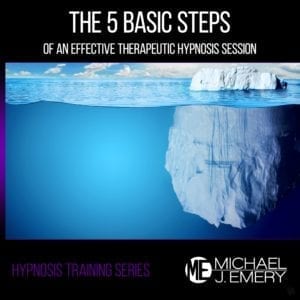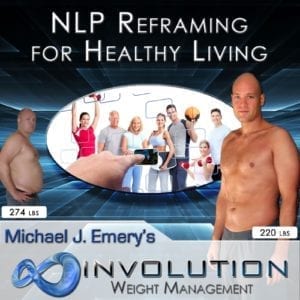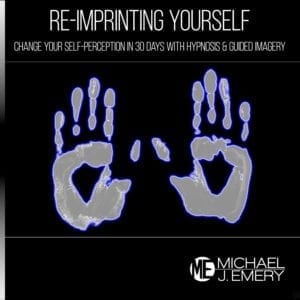Self-hypnosis or self-hypnotherapy is the altered state of one's consciousness induced by stimuli like a progressive relaxation of the body muscles and the mind, progressive muscle relaxation, vivid imaginations, and an elimination of unwanted thoughts. It is often used as a treatment for a number of psychological conditions. It is also used to relieve stress and to enhance performance. However, it can also be used to overcome certain negative aspects of one's life.
Showing all 93 results





























































































Self-hypnosis or self-hypnotherapy is the altered state of one's consciousness induced by stimuli like a progressive relaxation of the body muscles and the mind, progressive muscle relaxation, vivid imaginations, and an elimination of unwanted thoughts. It is often used as a treatment for a number of psychological conditions. It is also used to relieve stress and to enhance performance. However, it can also be used to overcome certain negative aspects of one's life. Here are some self-hypnotherapy tips on how to use it to your advantage:
Self-hypnotherapy can be self-directed through the use of audio or video tapes, books, or articles. While self-directed hypnosis usually uses suggestive conversational language and images, the latter is more direct and incorporates visualization. A person who desires to overcome compulsive eating or overeating may use autosuggestion to reinforce positive images in the mind that will aid in their battle. The same goes for those who want to quit smoking or drinking.
Self-directed or clinical hypnotherapy can be taught in classes. While the effectiveness of self-directed hypnosis varies from person to person, clinical hypnotherapists usually recommend the use of an example or stories during a session. The intention behind this technique is for the patient to develop and practice new skills through indirect means. These types of self-directed or clinical hypnosis sessions are not suitable for people with psychiatric conditions like anxiety and bipolar disorder.
Many individuals are uncomfortable with the idea of practicing self-hypnotism. This type of hypnosis does not involve a real live clinical hypnotist and can therefore be practiced at home. In fact, while using this form of hypnosis, you may not even be able to see the person beside you in the room. You would not be able to know whether they are getting hypnotized or not. It can also be very dangerous if the patient is not properly monitored.
There are also self-help groups who offer hypnosis services to those who are looking to overcome addiction, fear, stress or worry. These self-help groups are called "mile coups."
The majority of hypnotism hypnotists offer a free introductory session where you can experience a guided meditation. During this time the hypnotist will teach you how to relax your mind and body. They will teach you how to focus your mind so that you can create positive suggestions. Once you have a positive suggestion, the therapist will instruct you on how to use it in your daily life. This will help you increase your self-motivation as well as your self-confidence.
Many people like to try self-initiated suggestions in order to achieve their goals. Self-initiated suggestions are often made when you are in a relaxed state of mind. For example, you might feel yourself starting to get stressed out over the fact that you haven't accomplished your goals with your business yet. You might then ask yourself, "What can I do about this situation?"
Another advantage of learning self-hypnosis in a group that they can offer a supportive and safe setting for the entire group. When you participate in a clinical hypnotherapy session, there are chances that you will meet other people who are interested in the same type of self-help or self-hypnosis that you are interested in.
Explore audio program categories utilizing the best techniques in neuro-linguistic programming, Ericksonian hypnosis, brainwave frequencies, and guided visualization.










